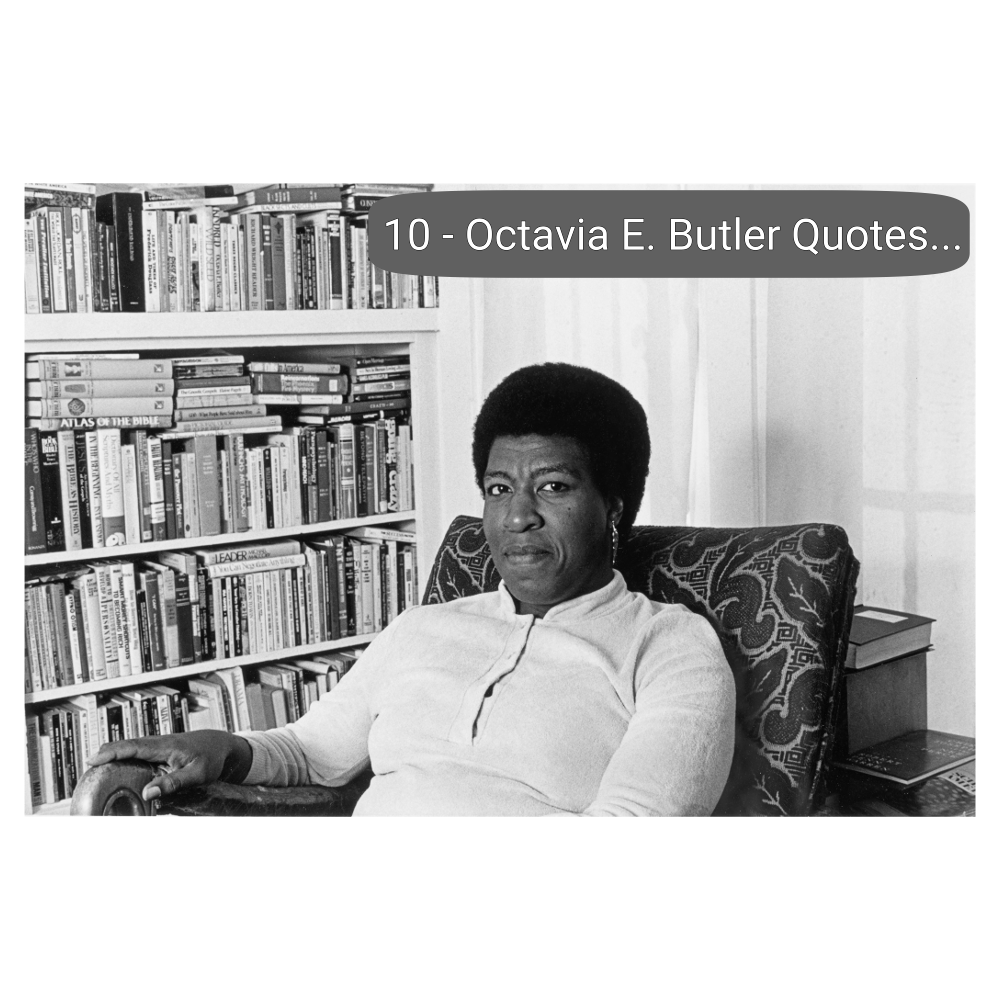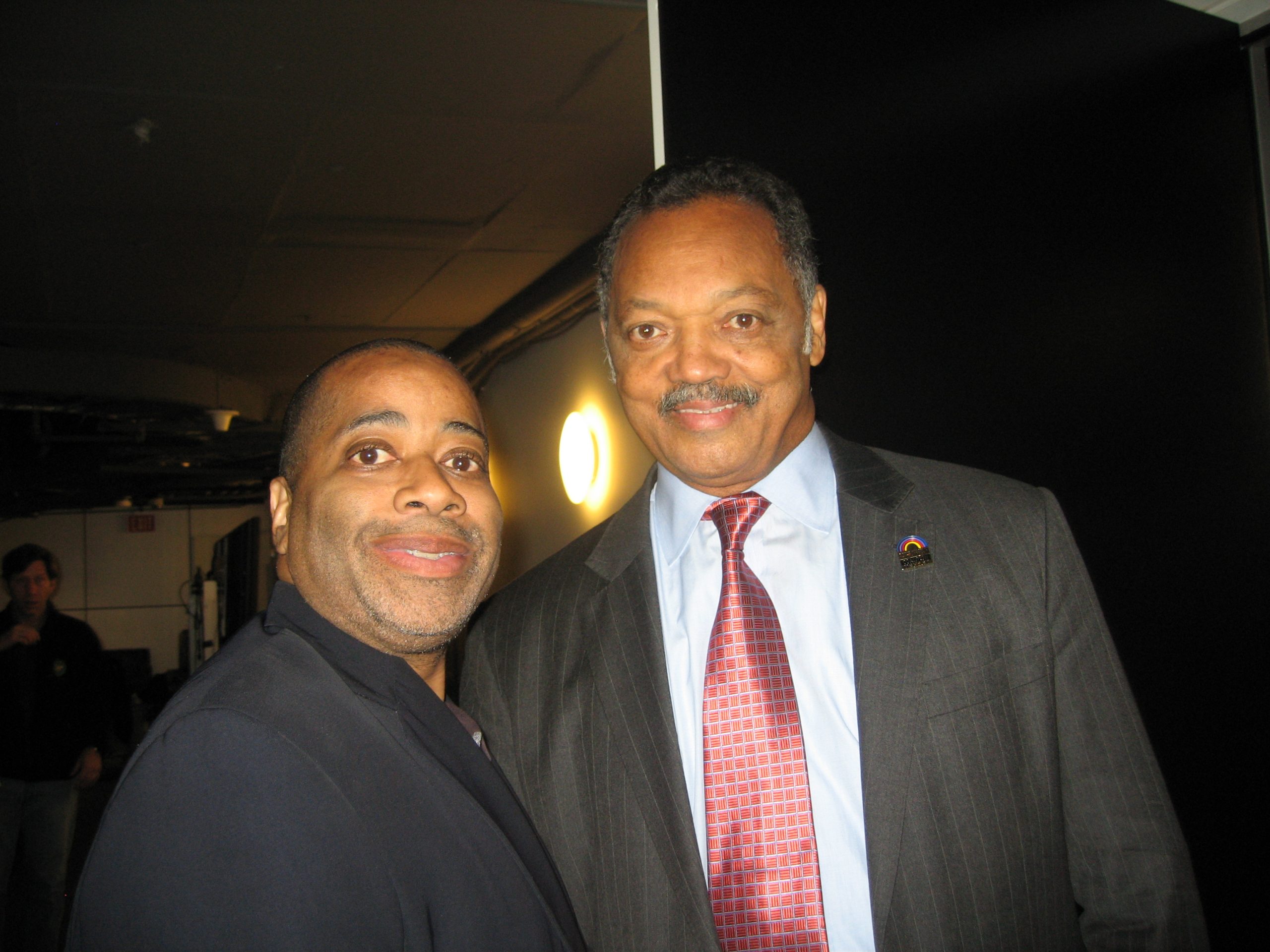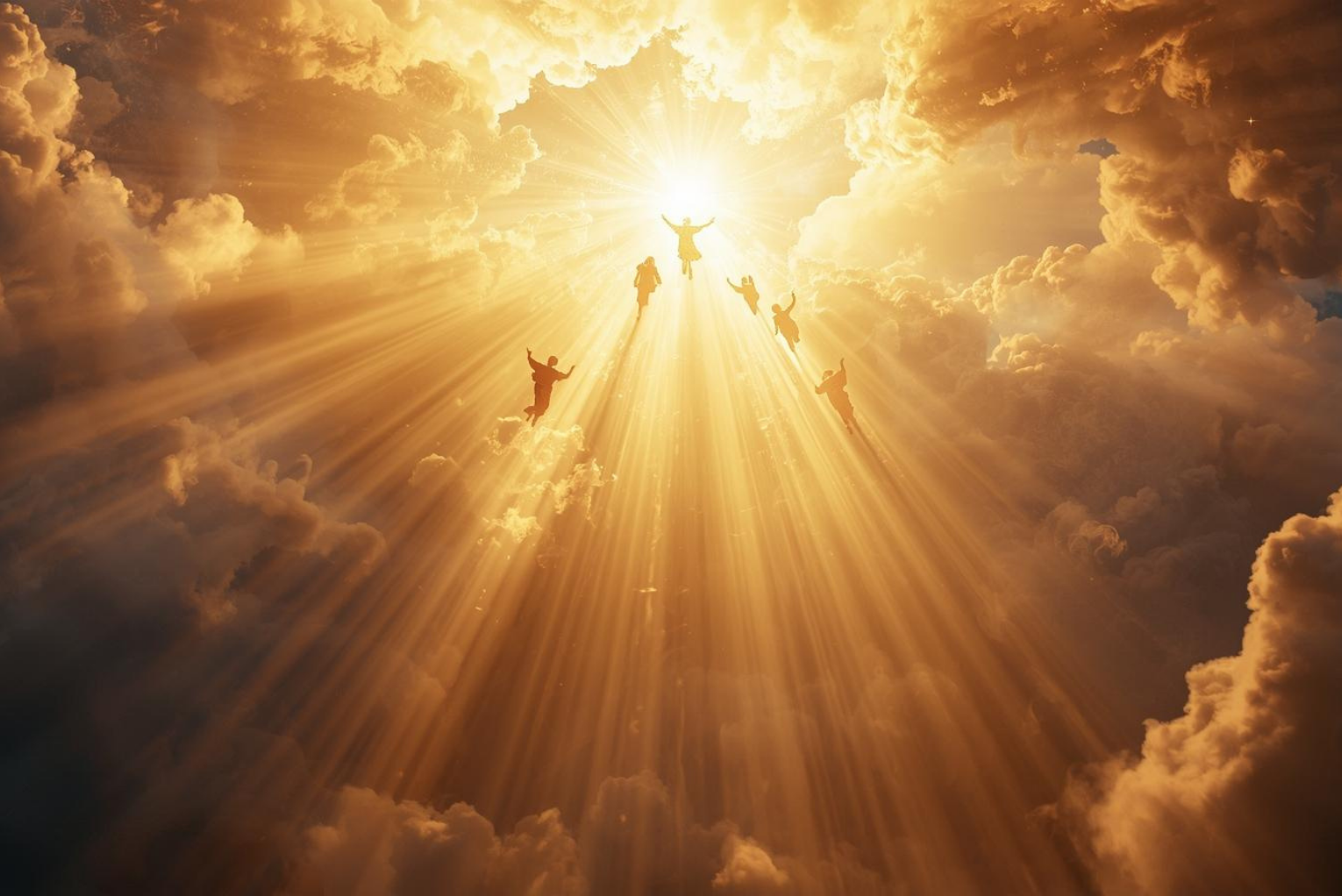(ThyBlackMan.com) Octavia E. Butler, the groundbreaking science fiction writer, was never just a novelist. She was a cultural historian of possibility—mapping futures that reflected the deep struggles, dreams, and contradictions of the present. Through her words, she offered both a warning and a hope: humanity could fall to its worst instincts or rise to unimaginable heights. Her quotes—taken from novels, essays, and interviews—continue to resonate as both historical commentary and futuristic prophecy. Below are ten quotes that demand attention today, each holding timeless relevance.

1. “All that you touch You Change. All that you Change Changes you. The only lasting truth is Change.”
Butler’s most famous refrain, from her Parable series, functions as a philosophy of history. The statement recognizes change not as a disruption but as the very condition of human life. In historical terms, it acknowledges that every great societal shift—whether emancipation, industrialization, or digital revolution—begins with contact. Human beings alter the world, and in turn, are altered by the consequences of their actions. This reciprocal dynamic mirrors the historian’s task: to trace how agency and structure shape one another.
The lesson here is humility. Too often, people imagine themselves as controlling history when, in reality, history responds back. This is why revolutions spin beyond their initiators’ control or why technology invented for convenience transforms entire economies. Butler reminds us that history is not linear; it is dialectical, with change begetting change.
For our current moment, this quote highlights the instability of political and social institutions. Climate change, artificial intelligence, and global migration are not static “issues.” They are forces that humans engage with, and in engaging, we too are changed. Butler foresaw that survival in such a world requires adaptability—not denial.
Ultimately, the quote becomes a mantra for resilience. To resist change is to court collapse; to embrace it is to harness possibility. Historians see this pattern across eras, but Butler captures it in hauntingly simple terms.
2. “In order to rise from its own ashes, a phoenix first must burn.”
Here Butler speaks to cycles of destruction and rebirth, a theme deeply rooted in historical consciousness. Civilizations have always endured collapses followed by new formations: the fall of Rome, the aftermath of slavery, the decolonization movements of the twentieth century. Butler insists that destruction is not the end but the beginning of transformation.
Her use of the phoenix myth conveys a profound truth. Societies often cling to broken systems out of fear, unwilling to allow the fire of transformation. Yet history shows that some structures must fall in order for renewal to emerge. The phoenix metaphor, therefore, becomes not merely literary but political—urging us to recognize that collapse, though painful, can generate the conditions for growth.
This insight is crucial in a time of polarization and global crises. The temptation is to treat current ruptures as unprecedented disasters. But Butler would remind us that struggle and rebirth are the rhythm of history. The “burning” may manifest as economic breakdown, ecological devastation, or social unrest. What matters is whether people can imagine renewal beyond the flames.
Historians note that every age has believed itself to be at the edge of finality. Butler, however, reframes finality as transformation. Her phoenix teaches not despair but the courage to endure fire so that something stronger may rise.
3. “Kindness eases change.”
While Butler’s worldview often acknowledged harsh realities, she did not embrace cynicism. In this quote, she offers a deceptively simple formula for navigating upheaval: kindness. History is filled with transitions—wars, migrations, revolutions—that devastate societies when cruelty dominates. Yet when compassion is present, the same transitions can lead to solidarity and renewal.
The statement suggests that kindness is not a sentimental act but a survival strategy. Communities that support one another during upheaval endure, while those divided by fear and hostility collapse. Historians studying the Great Depression, for instance, note how communal networks of care softened the blow for many. Likewise, abolitionists’ insistence on the humanity of enslaved people was an act of kindness that became revolutionary.
In today’s fractured world, kindness becomes radical. Political debates are weaponized; online discourse rewards cruelty. Butler’s insistence on kindness is a reminder that small gestures can recalibrate the trajectory of history. A community grounded in care navigates change differently than one grounded in suspicion.
Thus, “kindness eases change” is not merely moral instruction—it is historical wisdom. The future will bring upheaval regardless. How humanity survives depends on whether kindness tempers the fire.
4. “God is Change.”
This radical theological claim from Parable of the Sower reframes how societies think about divinity. Instead of envisioning God as fixed or distant, Butler interprets God as the process of transformation itself. From a historian’s perspective, this aligns with traditions where religion evolves with circumstance: liberation theology during the Civil Rights Movement, or the adaptive rituals of enslaved Africans in the Americas. Faith is not static; it shifts with lived experience.
By equating God with change, Butler challenges both secular and religious audiences. Secular readers are asked to see “change” with the reverence usually reserved for divinity. Religious readers are asked to release rigid dogmas and embrace adaptability as sacred. Both challenges echo historical conflicts over doctrine, where rigidity often led to division, while adaptability allowed survival.
In present times, this quote addresses the spiritual crises people face amid rapid shifts in technology, environment, and politics. When traditional frameworks seem inadequate, Butler’s theology offers a grounding truth: to resist change is to resist the divine itself. This interpretation collapses the binary between sacred and secular, placing transformation at the heart of existence.
Historians know that societies which sacralize adaptability often thrive. By identifying God as change, Butler ensures that adaptability is not just practical but holy.
5. “Better to stay alive, because you can always die.”
This grim but pragmatic line underscores survival as the ultimate historical act. Butler acknowledges that death is inevitable, but life provides the opportunity to shape history. In times of oppression or despair, this philosophy insists that endurance itself is resistance. Survival allows the possibility of agency, while death forecloses it.
Historically, oppressed groups have embodied this philosophy. Enslaved Africans who endured the Middle Passage preserved fragments of culture that blossomed into entire diasporic traditions. Holocaust survivors who stayed alive carried testimony that reshaped global consciousness. To remain alive is to keep possibility open, even when possibility feels slim.
For modern contexts, this quote speaks to mental health crises, social despair, and systemic oppression. Butler does not romanticize survival—it is not always noble or heroic. But she insists it is necessary. As long as life continues, transformation is possible. Death may come at any moment; why hasten it by surrendering?
This survivalist ethic is not cold; it is profoundly historical. The world we inhabit exists because generations before us stayed alive under unthinkable conditions. Butler insists we honor that lineage by surviving ourselves.
6. “Civilization is to groups what intelligence is to individuals. It is a means of combining the intelligence of many to achieve ongoing survival.”
Here Butler links individual cognition to collective civilization. For historians, this reflects the idea that societies are not merely aggregates of individuals but organized intelligences. Civilization coordinates memory, knowledge, and resources in ways no single human could. From the invention of writing to the rise of digital networks, this collective intelligence ensures survival across generations.
Butler’s analogy highlights both the strengths and fragilities of civilization. Just as intelligence can be misused by an individual, civilization can be weaponized. Empires, while coordinating intelligence, also perpetrated atrocities. Yet the potential for civilization to elevate humanity remains profound.
In today’s interconnected world, this quote feels urgent. Digital technology combines billions of individual intelligences into unprecedented networks. The question is whether this “civilization” will pursue survival or destruction. Will the internet be harnessed for ecological solutions and cultural preservation, or for disinformation and division?
Historians often measure civilizations by their endurance. Butler reframes endurance as the central purpose of civilization itself. Intelligence is not enough; survival is the truest test.
7. “Embrace diversity. Unite— Or be divided, robbed, ruled, killed By those who see you as prey. Embrace diversity Or be destroyed.”
Butler offers this chilling directive as both warning and command. History is littered with examples of societies undone by their inability to embrace diversity. From ethnic cleansing to colonial conquest, division has been weaponized by those who seek domination. Butler distills this into a survival strategy: unity in diversity is not optional—it is essential.
This insight aligns with historical movements for inclusion. The American Civil Rights Movement, the anti-apartheid struggle, and global decolonization all reveal that diversity strengthens resistance. Conversely, fascist regimes exploited division to consolidate power. Butler saw that diversity is not merely moral—it is pragmatic.
Today, her words resonate against rising nationalism and xenophobia. The temptation is to retreat into homogeneity, but history shows that isolation leads to vulnerability. In a globalized world, refusing diversity is akin to inviting conquest. Butler frames diversity not as cultural decoration but as armor against domination.
Thus, the quote functions as survival scripture. Embracing diversity is not charity; it is defense. Failure to do so is an invitation to destruction, as history repeatedly proves.
8. “The weak can overcome the strong if the weak persist. Persisting means resisting death and destruction, keeping oneself alive.”
Butler channels a historical truth: persistence outlasts raw power. Empires with immense might—Rome, Britain, the Third Reich—eventually fell before the persistence of the oppressed. Strength dazzles in the short term; persistence triumphs in the long term. This principle animates much of historical change.
Her quote redefines weakness as temporal, not permanent. The weak are not destined to remain so if they persist. Survival itself is a form of resistance, undermining the narrative that domination is inevitable. Historians see this pattern in slave revolts, indigenous survival, and peasant uprisings. Weakness can become strength through persistence.
For contemporary readers, this is a rallying cry. Against oppressive systems, persistence—whether through protest, cultural endurance, or simply living—constitutes victory. The temptation to despair before overwhelming power is great. Butler reminds us that persistence reshapes power itself.
Thus, the weak overcoming the strong is not utopian fantasy. It is the historical record. Butler crystallizes that truth into a maxim for endurance and hope.
9. “Choose your leaders with wisdom and forethought. To be led by a coward is to be controlled by all that the coward fears.”
This quote reads like a historian’s cautionary tale. Leadership has always determined the trajectory of societies. A cowardly leader, guided by fear, produces policies of reaction rather than vision. Such leaders amplify the very dangers they fear, whether through appeasement or reckless aggression. History is filled with examples: leaders whose fear invited catastrophe.
Butler’s words underline the importance of civic responsibility. Choosing leaders is not merely a political act but a survival act. Societies that entrust leadership to the cowardly invite insecurity. Leaders must have the courage to confront change rather than hide from it. Historians understand that cowardice in leadership often precedes collapse.
In present times, this quote challenges citizens directly. The temptation to select leaders based on charisma or expedience often blinds societies to the deeper qualities of courage and wisdom. Butler insists that survival depends on foresight, not spectacle. A coward at the helm leaves a society prey to greater dangers.
Thus, Butler reframes democracy as survival strategy. The historian’s lesson is clear: history remembers cowardly leaders only for the destruction they failed to prevent.
10. “First forget inspiration. Habit is more dependable. Habit will sustain you whether you’re inspired or not.”
This quote reveals Butler not just as visionary but as pragmatist. Inspiration is fleeting; habit endures. From a historian’s standpoint, this reflects the truth that civilizations are built not on bursts of genius but on sustained practice. Agriculture, literacy, governance—all depend on habit rather than inspiration.
Butler’s emphasis on habit reorients how we view progress. Too often, history is told as the story of extraordinary individuals. Yet what sustains societies are the ordinary habits of millions: farming, parenting, teaching, organizing. Habit creates the scaffolding upon which inspiration occasionally shines.
For modern readers, this quote offers guidance in uncertain times. Inspiration may wane when crises overwhelm. But habit—daily survival, community routines, continued struggle—keeps the flame alive. Butler reframes persistence not as glamorous but as necessary.
Thus, historians recognize that the most enduring legacies are often habitual. Civilizations thrive not on inspiration alone but on discipline. Butler captures that truth in one of her most practical lessons.
Octavia E. Butler’s words operate like historical axioms—timeless principles distilled into startling clarity. Each quote echoes across the past, anchors the present, and gestures toward the future. Whether speaking of survival, diversity, leadership, or change, Butler insists that humanity must embrace adaptability, persistence, and care if it is to endure. She offers not prophecy in the mystical sense, but prophecy in the historical sense: a clear-eyed reading of human tendencies and their consequences.
In a world shaped by upheaval, Butler’s wisdom remains indispensable. Her voice reminds us that history is not distant—it is unfolding now, and we are its agents. To heed her words is to engage with history itself, carrying forward the lessons of endurance and imagination.

















Leave a Reply